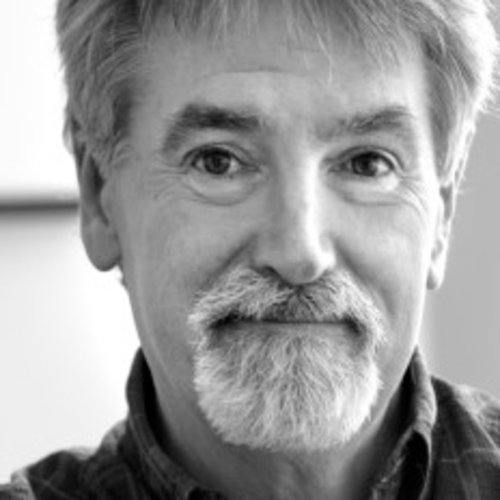WKU News
Interview with Kentucky's Poet Laureate Jeff Worley
- Madeline Kinser
- Thursday, April 9th, 2020

When did you know you wanted to become a poet?
I took my first poetry writing class from a wonderful poet and teacher, Michael Van Walleghen. We all have one teacher along the way, if we’re lucky, who absolutely changes our life, and Michael was mine. He had us read poets who wrote accessible and memorable poems – William Stafford, James Wright, Weldon Kees, Robt Lowell, Sylvia Plath, Phillip Levine – and I was hooked.
What would you be doing if you hadn’t become an English professor or writer?
Probably a brain surgeon – or a cab driver.
How did it feel to be named the 2019 – 2020 Poet Laureate of Kentucky?
I was happily stunned when the Kentucky Arts Council called me with the news. I was also a little surprised, because I’m not a native Kentuckian, as I believe all the former poets laureate have been. But my wife and I have lived here since 1986, so I guess by now we can think of ourselves as “adopted” Kentuckians.
What do most poorly written poems have in common?
There are so many ways a poem can go wrong; I don’t think there’s one commonality. A student’s earliest poems can be sentimental, meandering, tonally inconsistent, trite, bombastic, overly general or abstract, tinny, self-important, craft-less, annoyingly didactic…I could go on. The worst thing a poem can be, from my point of view, is boring.
What do most well-written poems have in common?
A sense of surprise for the poet that the language took him or her in the direction it did. A trust that the language knows best. A love for how the words of the poem feel in the mouth. A love of the rhythmical ride.
What is the best piece of advice you’ve ever received about creative writing?
I don’t recall getting any advice really. Any “advice” was implicit in how the teacher talked about a poem and in the demonstration of his or her own poems.
What’s the best advice you can offer an aspiring writer?
As a poetry-writing teacher I suggest that students 1) read a lot, and not only poetry; 2) find like-minded writers and share your early drafts so that the poem can find its feet and motor on down the road; 3) get out of town – literally, I mean. Visit other countries, familiarize yourself with other cultures, learn another language; and maybe most important 4) Have fun with the language. Keep in mind that writing poetry is serious play.
What are you reading right now?
I’m always reading poetry. I subscribe to a dozen literary magazines and am also surrounded by quite a wonderful library up here in my study in Lexington. I also enjoy crime novels and “follow” a few authors who interest and delight me – James Lee Burke, James W. Hall, and, more recently, Gillian Flynn. And with this unexpected time right now, I finally just started The Brothers Karamazov, which has been glowering at me from my shelves for 40+ years.
What’s next for you?
Some mulching today and doing some laundry… Oh, as poet laureate? I’ll get back on the road as soon as it’s safe to do that – county public libraries, colleges, universities, book groups, writing groups, writing conferences… As the state’s poet laureate, I get to go around Kentucky and talk about Kentucky writing and writers. I love this job!
For more information about Jeff Worley and his work, visit his website here: http://www.jeff-worley.com/jeff/. For more National Poetry Month poems and features, follow the WKU English Department on social media!
Some of the links on this page may require additional software to view.

